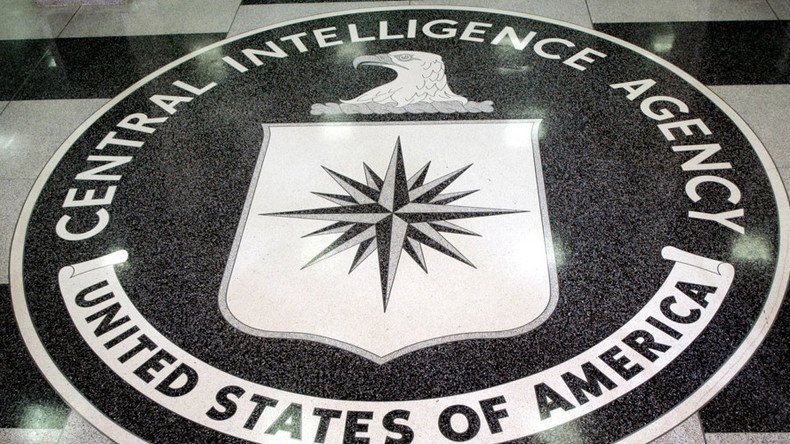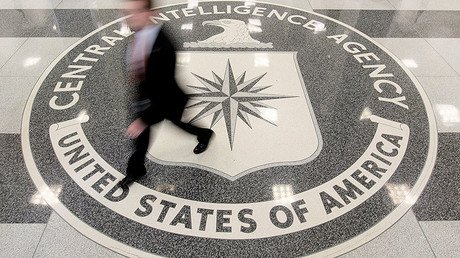'Full history': Secret CIA documents now available online

The CIA has published online nearly 13 million pages of declassified records, including papers on the US role in overthrowing foreign governments and the secret ‘Star Gate’ telepathy project.
The range of documents, known as the CREST (CIA Records Search Tool) database, covers an array of materials related to the Vietnam War, Korean War and Cold War. One example is data on the Berlin tunnel project (code-named Operation Gold), which was a joint CIA and British intelligence scheme to carry out surveillance on the Soviet Army HQ in Berlin during the 1950s.
In all, more than 12 million documents are accessible, covering the history of the CIA from its creation in the 1940s up to the 1990s – with intelligence officials giving assurances that the half-century of data is in its entirety, with nothing removed.
"None of this is cherry-picked," CIA spokesperson Heather Fritz Horniak told CNN. "It's the full history. It's good and bads."
For instance, details are provided on the CIA’s participation in the 1973 coup in Chile which saw the rise of the Pinochet regime, as well as on the infamous MK-Ultra project, dubbed the CIA mind control program, which involved experiments – some of them illegal – on human subjects, to develop drugs and procedures for interrogation and torture.
It’s now a couple of decades since the documents were actually declassified, though. The cache was ordered to be released by then-President Bill Clinton in 1995. The papers have been accessible since 2000, but only on four computer terminals at the National Archives in College Park, Maryland.
"Access to this historically significant collection is no longer limited by geography," Joseph Lambert, the CIA's information management director, said in a press release.
Over the decades about 1.1 million pages from the database were printed out by historians and journalists, but the CIA banned the actual materials from publication.
“Declassifying all the documents in the world doesn’t accomplish anything if people can’t get access to them,” Steve Aftergood, the director of the Project on Government Secrecy at the Federation of American Scientists, told BuzzFeed.
The inability to access the database online prompted outrage, and in 2014, MuckRock, a non-profit news organization, filed a Freedom of Information Act to gain access to the documents, but the CIA said it would take at least six years to release the papers. Journalists and researchers then launched a popular Kickstarter campaign to digitize the documents, collecting over $15,000 – surpassing the stated crowdfunding goal and posting some of the papers online.
The CIA made small redactions to the documents, but solely to protect sources and methods that could damage national security, CIA spokesperson Horniak said.
The agency was aiming to publish the documents by the end of 2017, but finished the work ahead of schedule.
“We’ve been working on this for a very long time and this is one of the things I wanted to make sure got done before I left. Now you can access it from the comfort of your own home,” said outgoing CIA director of information Lambert.
The agency continues to review documents for declassification, so the treasure trove has not been unearthed in full, and there’s definitely more to follow.














